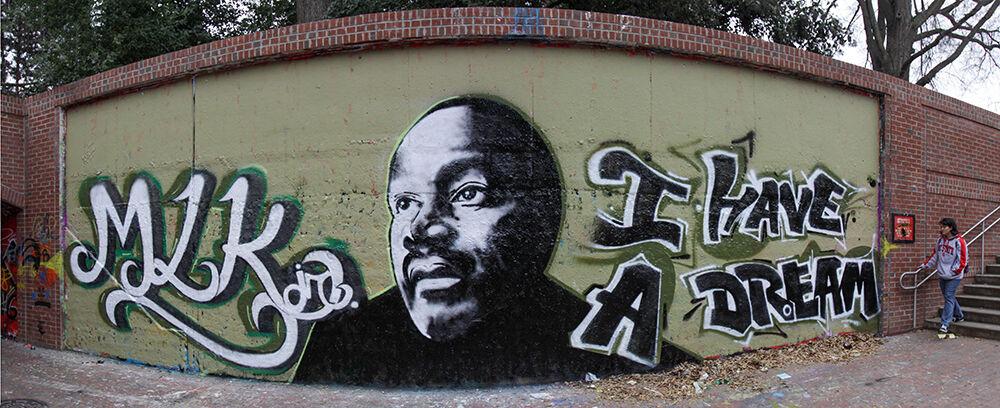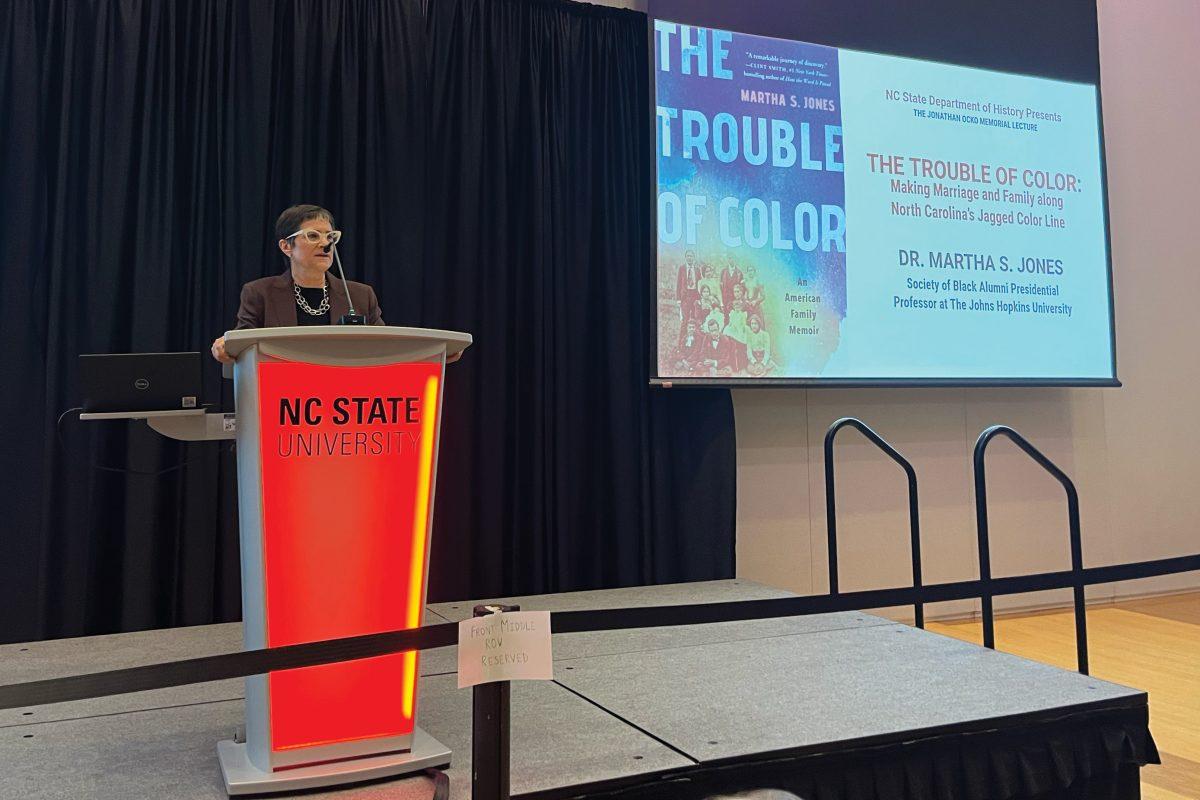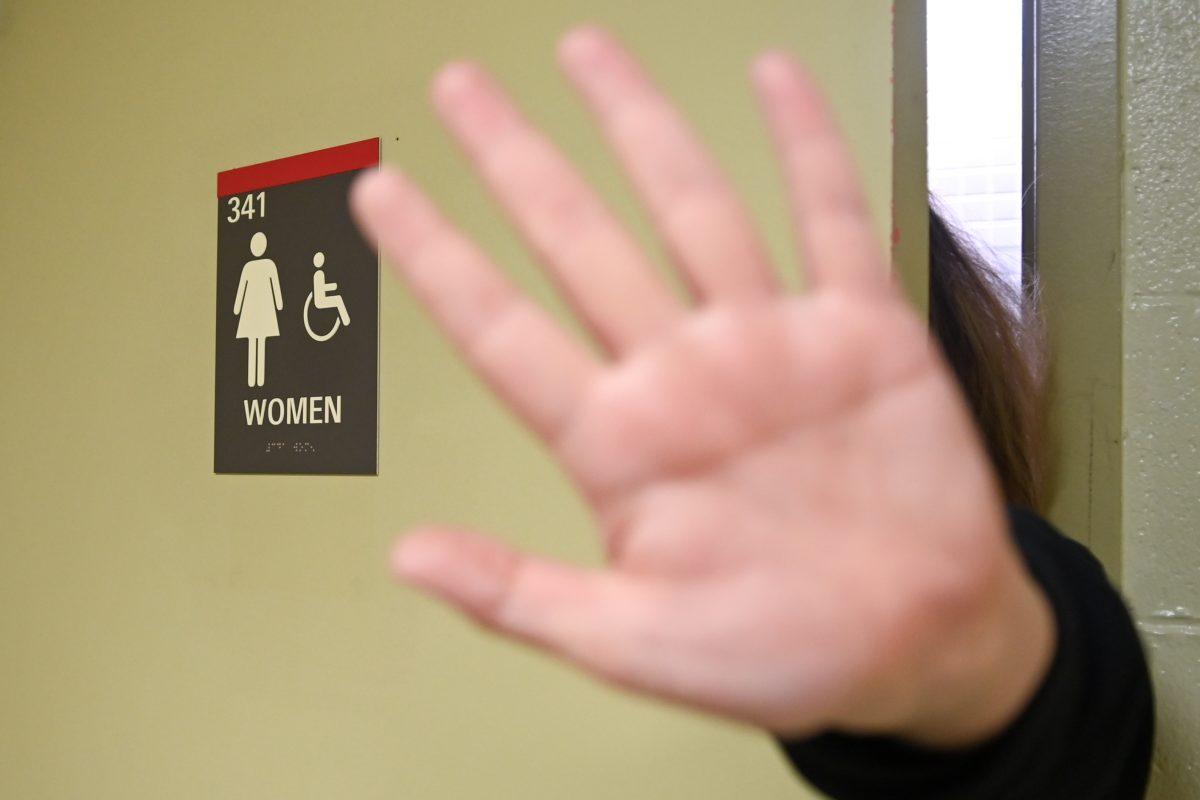Editor’s Note: This article has been updated to reflect that angela gay-audre’s name is lowercased.
The African American Cultural Center kicked off its Martin Luther King Jr. Commemoration Week with a virtual teach-in event exploring critical race theory, structural change and other social issues.
Andaiye Qaasim, the assistant director of the AACC, said the center wanted to celebrate MLK day with a full week of events instead of only one day.
“When we remember MLK’s legacy, he really talked about three core issues: fighting extreme capitalism, militarization and racism, and really looking at structural change,” Qaasim said. “So this year, we said, ‘Well, this is a great opportunity; rather than one day, we can create a week-long series of learning events where people can come together and learn.’”
The other events this week will focus on finding solidarity and recognizing Black students’ impacts and struggles at NC State.
“This has been a conversation I think a lot of students are interested in: how do we actually build real connections and real solidarity, not just as allies, but as accomplices to each other, and each of our different movements and see ourselves as one?” Qaasim said.
During the teach-in, angela gay-audre, the director of the AACC, spoke about some important distinctions when talking about critical race theory and whiteness.
“When we say whiteness, we’re not talking about a racial category, we’re talking about a belief system,” gay-audre said. “So critical theories situate the belief of whiteness, because whiteness has become a belief system, and it’s grounded and rooted within supremacy. So we’re not talking about white people. We’re talking about belief. And that’s a distinction that we need to make when we’re talking about critical theories that sometimes we don’t necessarily know.”
Irving Joyner, a professor at the North Carolina Central School of Law, gave some context about the education of Black Americans when he was growing up.
“[I] attended one of the segregated African American schools,” Joyner said. “And in fact, contrary to what many people believe, we had, within [the] African American community, excellency. … The theory being that when you come out of bondage, you don’t turn your children over to the enemy to be educated. And so with that frame of reference, our early ancestors, at the beginning of Reconstruction, made the decision that we’re going to build our own school. And we’re going to teach our own people.”
Joyner said many people aren’t aware that the Black community had schools during that time that actually taught Black history.
“People don’t know that we had schools of distinction in the African American community where you had teachers who were better academically prepared than their white counterparts in the white schools, and principals who were academically better trained than those who were in white school,” Joyners said. “And they were there to provide the guidance that we needed to move forward. Our educational deconstruction began with desegregation.”
gay-audre went on to talk about some of the important tenets of critical race theory, with one being the permanence of racism.
“What that simply means is that racism is ordinary, is endemic,” gay-audre said. “Ain’t nothing new. We can point it out, we can say racism, we can say that racism exists, because we know that it does, it’s a part of our American society. It’s a common experience for people of color.”
Students also engaged in the discussion through use of a Jamboard that allowed them to write their own thoughts or add pictures to discuss systemic racism.
Qaasim encouraged students to take part in the events going on this week.
“This is going to be a wonderful week of learning,” Qaasim said. “From critical theory to very hands on understanding of current issues, food justice, the policymaking panel, to an exhibit that traces our own history and accountability of things we have to really face of what has happened at NCSU in terms of activism, or the need for activism, even violence against Black students, and then the legacy we still have to move forward today, to some wonderful conversations around solidarity building.”












